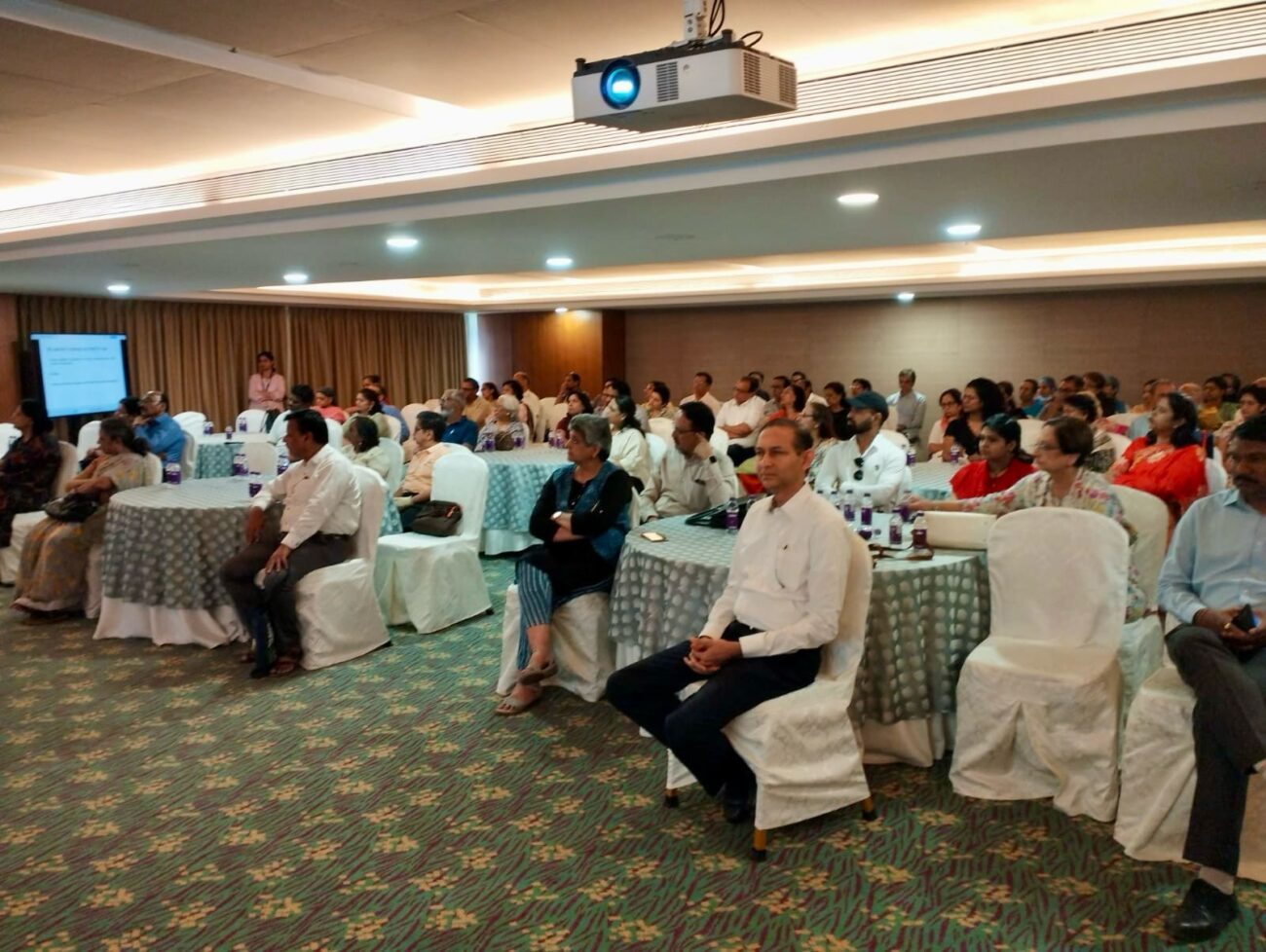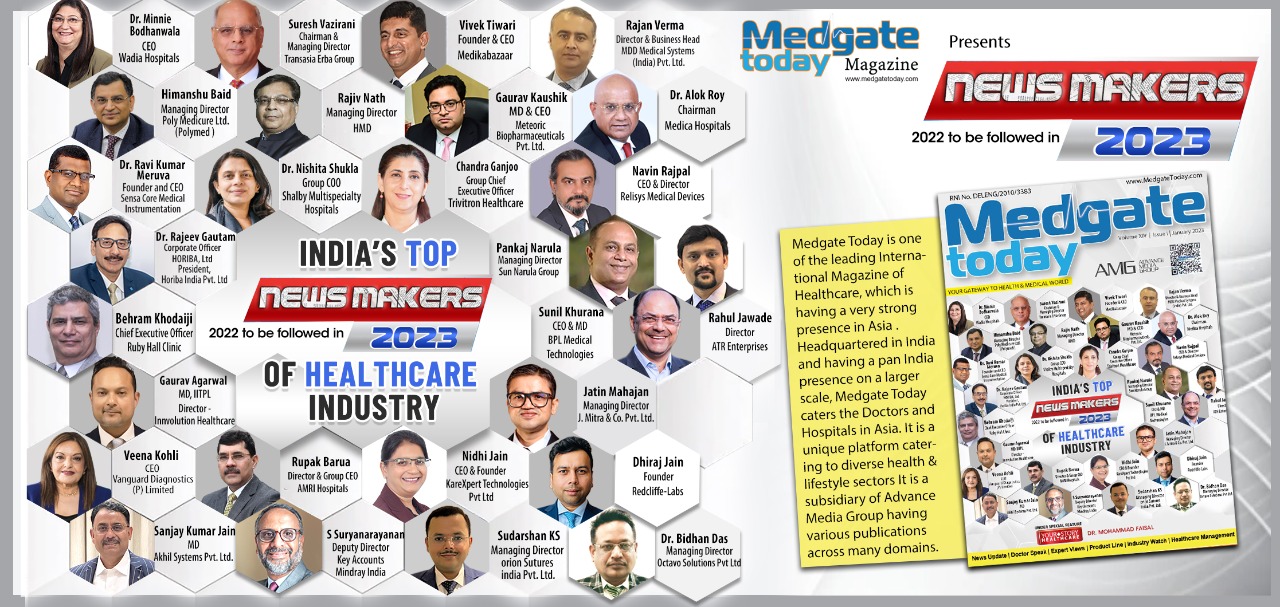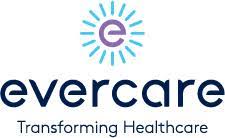AIMED’s vision for India is to be among the Top 5 Medical Devices manufacturing hubs worldwide.
To spearhead the policy needs to accelerate the manufacturing of medical devices in India. Q1. Congratulations for an excellent 2019, Please let us know your key achievements in 2019? AIMED appointed as the Member of National Medical
To spearhead the policy needs to accelerate the manufacturing of medical devices in India.
Q1. Congratulations for an excellent 2019, Please let us know your key achievements in 2019?
- AIMED appointed as the Member of National Medical Devices Promotion Council bY DPITT,
- AIMED succeeded in convincing the DPITT on establishing the much awaited National Medical Devices Promotion Council to provide an impetus and support the Make in India impetus for Medical Devices in India. AIMED had been seeking the establishment of a National Medical Devices Promotion Council for quite some time to strengthen the Indian medical devices sector by facilitating domestic manufacturers to rise to international level and discouraging unfair trade practices in import and lead India to an export driven market in the sector.
- AIMED’s pavilion at Medical Fair India 2019 and then again in Bangkok, Thailand showcased the immense potential of India, its high precision engineering yet affordable, technologically advanced in designs in manufacturing raising high the brand India flag.
- Association of Indian Medical Device Industry (AiMeD) & Association of Healthcare Providers of India (AHPI) on Saturday, 16th Feb, 2019 signed a memorandum of understanding (MoU) to support Make in India of Medical Devices to transform India into a global medical devices manufacturing hub and simultaneously promote the India Certification of Medical Devices Scheme (ICMED) country’s first indigenously developed international class quality assurance system for India manufactured medical devices.
- AIMED organized the 1st Govt. & Indian Manufacturers Joint Conference on Comprehensive Regulation of Medical Devices, Developing Roadmap for fostering India’s Medtech Sector, 5th Oct, 2019 with support of Department of Pharma, NITIAayog, CDSCO and BCIL.
Q2. Please share few disappointments in 2019.
Critical gaps in the Indian Medical Devices sector which have not been filled in 2019 are:
- Need to Regulate all Medical Devices under a Patients’ Safety Medical Devices Law to protect patients and aid responsible manufacturing – while MoH&FW has been non-committal about this but NITIAayog has drafted a Bill and started consultations.
- Need to protect Consumers from exploitatively high MRP in Medical Devices by rationalized price controls and aid ethical marketing
- Need to encourage employment and Make in India of Medical Devices and address 80-90% import dependency by a predictive nominal tariff protection policy as done for mobile phones to ensure a vibrant domestic industry & competitiveness and price stability driven by competing domestic players
- Need to incentivize Quality in Healthcare Products in public healthcare procurement’s by preferential pricing for Q1 e.g. ICMED (QCI’s Indian Certification for Medical Devices) instead of L1 (lowest price) to ensure patients access acceptable quality. Importers have been lobbying to be kept outside the purview of trade margin rationalisation. By accepting their demand, the government would be doing a great disservice to the domestic device manufacturing industry.
- A pro-active policy formulation to regulate Medical Device differently than Drugs should permit free market dynamics to succeed and keep regulations simple, protecting consumers and ethical manufacturers.
The Indian Medical Device Industry is very hopeful the proposed Medical Devices Bill will be designed to make quality healthcare accessible and affordable for common masses, enable placing India among the Top 5 Medical Devices manufacturing hubs worldwide and help end the 80-90% import dependence forced upon us and an ever increasing import bill of over Rs 38,837 Crore and replicate success of the which has now achieved the enviable status of Pharmacy of the World. A pro-active policy formulation to regulate Medical Device differently than Drugs should permit free market dynamics to succeed and keep regulations simple, protecting consumers and incentivizing Make in India”.
Q2. Key challenges to overcome in 2020.
Unfortunately, Medical Devices in India are still dominated by the Multi National overseas Players and India is 70 per cent import-dependent in medical devices, and 90 per cent in medical electronic
There is an urgent need for an integrated and calibrated development policy to put ‘Make In India’ initiative in medical devices sector in top gear and reduce high import dependency on foreign made devices in order to promote indigenous manufacturing of drugs and devices which would go a long way in making healthcare affordable.
The government should provide a level playing field to Indian medical device manufacturers. We are asking Govt to put a cap on Trade Markups over the overseas manufacturing landed price and the Indian manufacturers ex-factory price – the trade margin should not exceed 75% in most cases. This request is pending with DoP, NitiAayog, NPPA and PMO and we are following up on the same as not will this protect consumers and ethical manufacturers but aid Make in India as has been the case with Stents.
Indian manufacturers seek Preferential Market Access by preferential pricing as is permissible under WTO, reasonable Tariff Protection, Price Controls and strong deterrents like punishment to errant companies engaged in unethical marketing practices to boost domestic manufacturing.
Price controls can be done in a calibrated manner through:
- 1% GST Cess on MRP as a Tax based disincentive;
- Capping Trade Markups to a Rational Level; &
- Price Caps on few Priority Devices
- Need to Regulate all Medical Devices under a Patients’ Safety Medical Devices Law to protect patients and aid responsible manufacturing.
- Need to encourage employment and Make in India of Medical Devices and address 80-90% import dependency by a predictive export lead nominal tariff protection policy as done for mobile phones to ensure a vibrant domestic industry & competitiveness and price stability driven by competing domestic players
- Need to incentivize Quality in Healthcare Products in public healthcare procurements by preferential pricing for Q1 e.g. ICMED (QCI’s Indian Certification for Medical Devices) instead of L1 (lowest price) to ensure patients access acceptable quality. Importers have been lobbying to be kept outside the purview of trade margin rationalisation. By accepting their demand, the government would be doing a great disservice to the domestic device manufacturing industry.
- A pro-active policy formulation to regulate Medical Device differently than Drugs should permit free market dynamics to succeed and keep regulations simple, protecting consumers and incentivizing Make in India.
Q4. Since HMD is started by your father Sh. Narendra Nath then you have taken charge of this, Are u planning your Son Sohail Nath to be part of Management? Please elaborate/
Sohail has joint HMD recently as a management trainee and Director after graduating in Supply Chain Management from Smeal School of Business, Pennsylvania State University. He’s being trained in various department and functions to prepare him to take part in Top Management of the company and to add to the team’s strength to help take it to the next level.
Q5. Message for Healthcare Industry Stakeholders
AIMED’s vision for India is to be among the Top 5 Medical Devices manufacturing hubs worldwide, to spearhead the policy needs to accelerate the manufacturing of medical devices in India and end the 70-90% import dependence forced upon Indian Medical Device industry and an import bill of over Rs 38,800 crore. The Indian market at retail and institutional level is estimated to be at over Rs. 105,000 Cr (15 Billion $)
AIMED’s mission is to strengthen the Indian medical devices sector by facilitating domestic manufacturers to rise to international level and discouraging unfair trade practices in import and lead India to an export driven market in the sector. Make India a global robust hub for medical devices manufacturing and fulfilling Govt’s ambitious mission of making quality healthcare affordable for common masses.
Along with KIHT, AiMED is also advocating for the development of more medical devices manufacturing supporting infrastructure in other zones and regions of India. Our first focus is to create the required ecosystem and enabling policies to support medical devices manufacturing in India.
MNCs need to invest in manufacturing infrastructure and move away from lobbying for import friendly policies and consider joining hands for Make in India supportive policies that make manufacturing in India gain competitive advantage.





